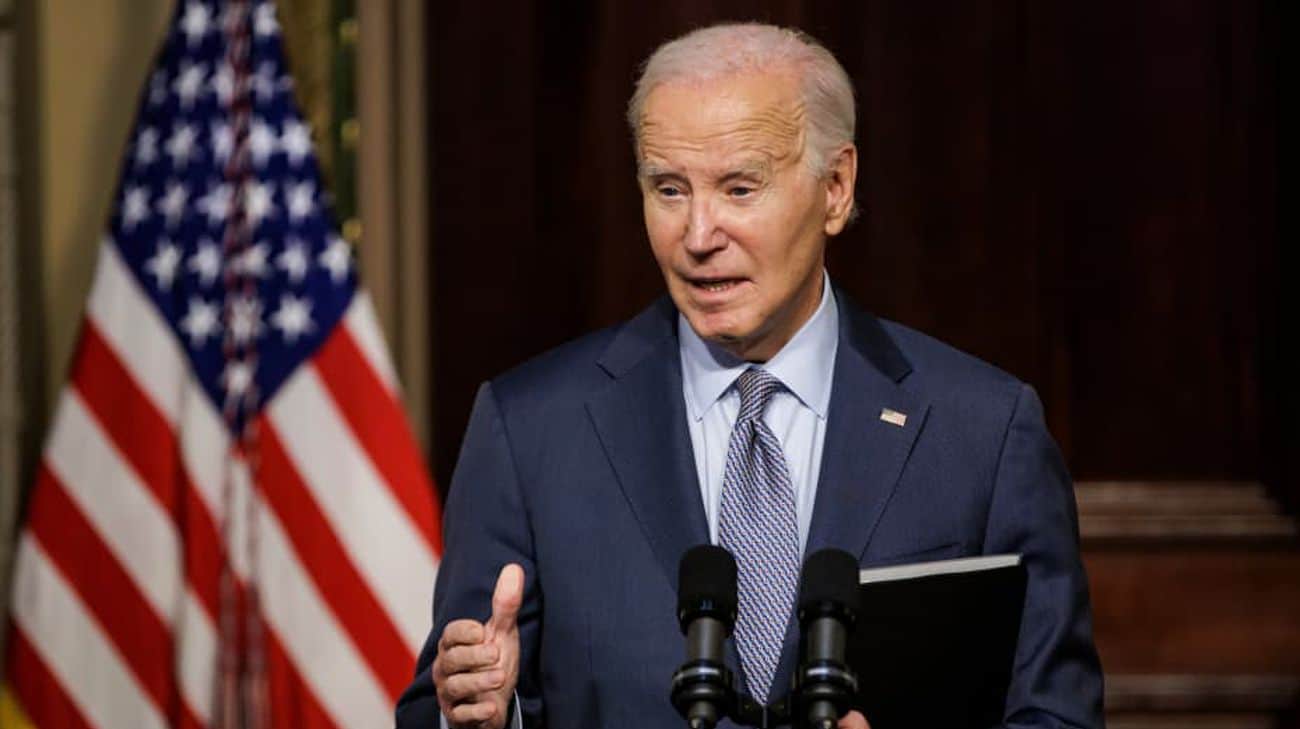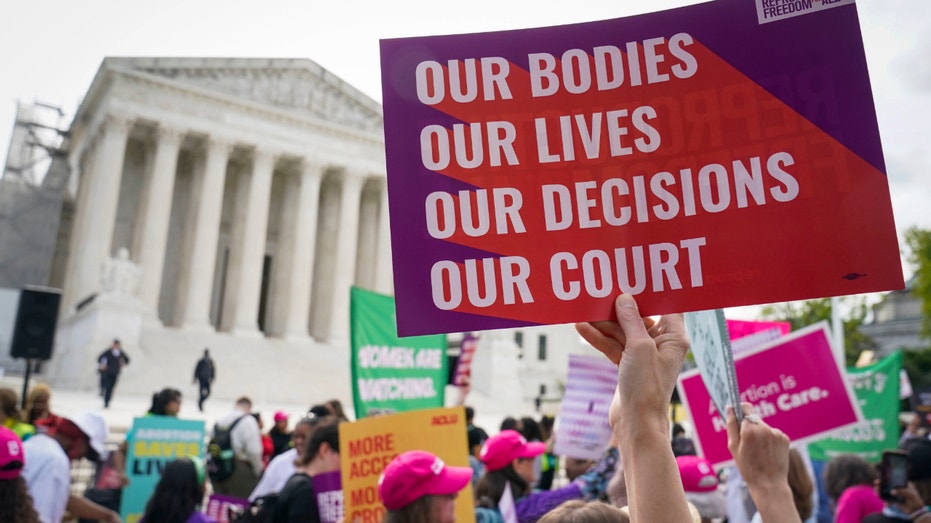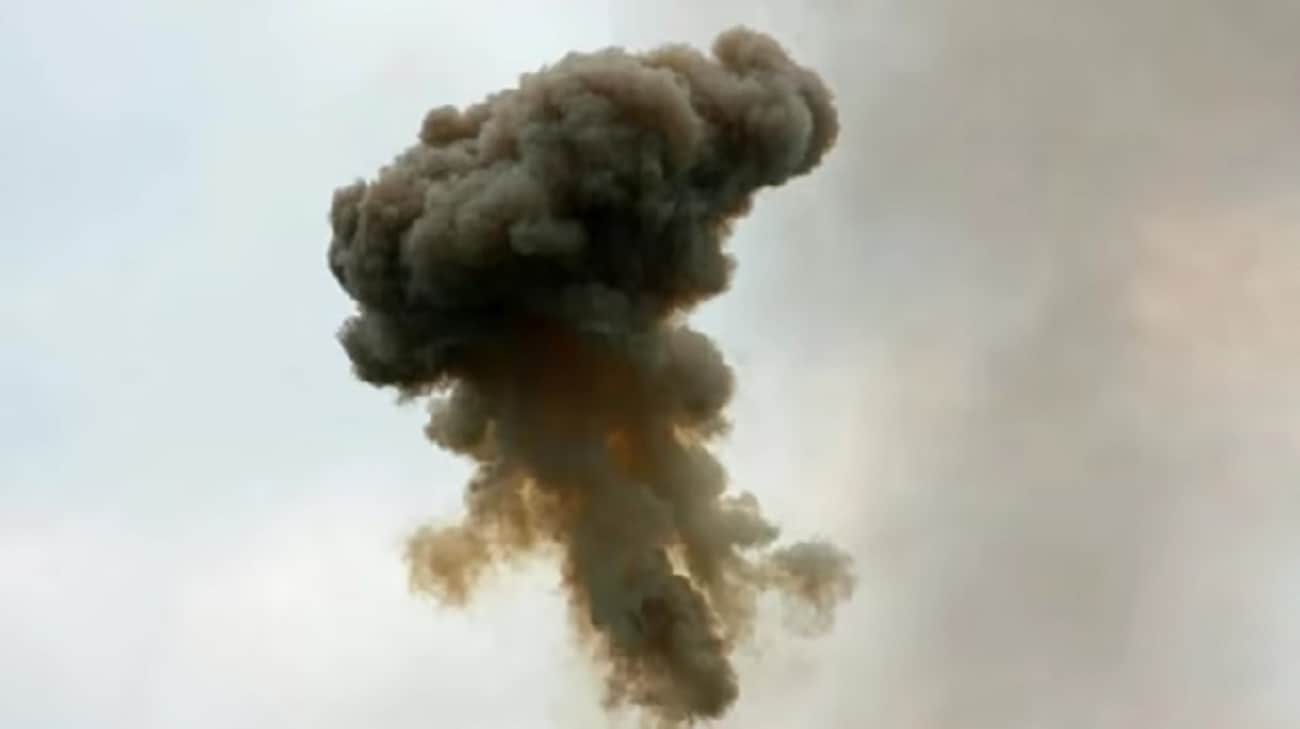Biden wants G7 countries to develop plan for frozen Russian assets in Ukraine's favour
US President Joe Biden wants the G7 countries to move forward with plans to use seized Russian sovereign assets to support Ukraine before their June 2024 summit. Source: Bloomberg with reference to informed sources, as reported by European Pravda Details: According to an anonymous source, the US president wants the frozen assets to be used to fund Ukraine's budget and, later, to rebuild the country.

US President Joe Biden wants the G7 countries to move forward with plans to use seized Russian sovereign assets to support Ukraine before their June 2024 summit.
Source: Bloomberg with reference to informed sources, as reported by European Pravda
Details: According to an anonymous source, the US president wants the frozen assets to be used to fund Ukraine's budget and, later, to rebuild the country.
According to the source, Biden does not believe that using confiscated Russian funds will replace the need for assistance.
According to Bloomberg sources, the US president also privately warned allies that if Ukraine collapsed, the international order would be destroyed for at least the next 50 years.
Unlike Germany and France, which, along with the European Bank, continue to oppose any step that could result in the confiscation of Russian Federation assets, the UK and Canada support this step.
One issue is that the vast majority of these funds are in Europe, primarily in the Belgian depository Euroclear, and any agreement will need the approval of all G7 countries.
Another challenge is to find a solution that all allies believe is legally sound and helps mitigate any risks to the euro.
Earlier, Italian Finance Minister Giancarlo Giorgetti stated that it would be difficult to find a legal basis for utilising frozen Russian assets to assist Ukraine.
Earlier, French Finance Minister Bruno Le Maire publicly opposed US Treasury Secretary Janet Yellen's position on the confiscation of frozen Russian assets, indicating deep divisions among the G7 countries.
Despite the public outcry, one Western official, who asked not to be identified, told Reuters that G7 officials agreed that Moscow should pay for the harm it has caused. The official stated that more and more experts believe there is a legal way to seize frozen assets.
Following the 24 February summit, the leaders of the Group of Seven confirmed that they would keep the Russian Central Bank's assets frozen in their jurisdictions until Russia's full-scale war against Ukraine ended.
On 12 February, the Council of the European Union adopted a decision that brings closer the establishment of a mechanism for the use of excess profits from frozen Russian assets in the EU in favour of Ukraine.
Support UP or become our patron!



